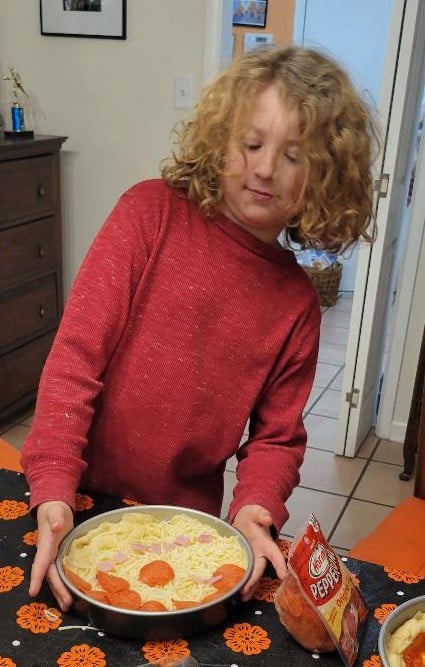Sliding into the Lazy Days of Summer

My childhood summers were spent riding through the neighborhood on my purple Stingray bike, spending endless hours swimming at the Elks Club, and checking out as many books as I could carry from the bookmobile — books that I would later read, perched on my favorite branch of the mimosa tree. Evenings were spent playing “Red Light, Green,” “Mother May I,” and chasing fireflies. Until I turned 16 and began working, I spent my summer days happily drifting. In our rush to have our kids join teams, take classes, and attend camps, have we taken away the beauty of the lazy days of summer?
Life has changed significantly since I was a child in the 1960s and 1970s. When I was a child, almost all mothers were home, but now most families require two incomes. I was fortunate to be a teacher and have the summers off with my kids, but I realize it’s a privilege to be able to indulge in a lazy summer.
Screentime
Another major change that has occurred since my childhood, and even my daughters’ childhoods, is the ubiquity of screens. They are everywhere, and they can be addictive. They come in various forms, including phones, tablets, gaming devices, computers, and televisions. My mom never had to worry that I was holed up in my room, attached to my tablet. She didn’t even have to worry about television, as there were only three channels to choose from, and they were all on a black and white television. Parents now need to be vigilant about the amount of time their children spend on devices and the content they are viewing.
The Mayo Clinic advises no screen time for children younger than two years old and recommends a limit of two hours per day for older children. Too much screen time can have negative consequences for children, such as obesity, impaired academic abilities, behavior problems, and desensitization to violence. Screen time takes away time that might be spent playing outdoors, reading, or engaging in creative pursuits.
Downtime and boredom
Most experts agree that kids and adults all need some downtime. But can there be too much unscheduled time? There needs to be some structure, even if it’s only weekly chores, a trip to the library, a family outing, or game night once a week. Also, try to fit some outside time and physical activity into the plan. Some children, especially younger ones, may require more structure and guidance from their parents. Each child is different. Some will thrive with more downtime, and others will struggle with it. You know what your child needs; trust your instincts. Finding a balance that works for your child and family is the key.
You’ll most likely hear, “But mom, I’m bored,” but being bored sometimes can be beneficial for children. It encourages them to use their imagination and creativity. Allowing children to experience boredom helps them develop life skills such as planning, problem-solving, and resilience. Having unstructured time gives kids the opportunity for introspection. Instead of jumping through hoops from activity to activity, boredom provides an opportunity for them to reflect on what interests and activities are appealing and worth pursuing. Summer is the time they can relax from the demands of school and extracurricular activities.
Independent play
This is not to say you should just let a child drift aimlessly unsupervised. Preschool-age children need adult supervision to prevent accidents and injuries. However, older children can usually be trusted to have some independence within the home. All children need some guidance. Provide supplies to enhance their imaginations and activities. Have art supplies, crafts, books, or science experiment supplies available. For elementary and middle school-aged kids, it would be beneficial to have a planning meeting to discuss their interests and what they would like to do. Maybe it’s Legos, gardening, or cooking projects, or maybe you have a bookworm who only wants to visit the library and stock up on books. Involving them in the planning process will add to their feelings of empowerment and independence.
I’m a big fan of using the summer to take a break from the never-ending hamster wheel. Use the break to rejuvenate yourself and allow your kids the same. Sit on the porch in the evenings and talk. Disconnect from technology and play board games, blow bubbles, and get out the sidewalk chalk to draw happy pictures on the driveway. Take a breather, take a break, and let’s live the lazy days of summer!




 Welcome to Grand Life, the TulsaKids blog that explores the wonderful adventures of grandparenting! Join me and my grandchildren as we explore interesting activities and visit family friendly sites in Tulsa. This blog shares the joys and challenges of grandparenting as well as the various roles grandparents play in their grandchildren’s lives.
Welcome to Grand Life, the TulsaKids blog that explores the wonderful adventures of grandparenting! Join me and my grandchildren as we explore interesting activities and visit family friendly sites in Tulsa. This blog shares the joys and challenges of grandparenting as well as the various roles grandparents play in their grandchildren’s lives.








